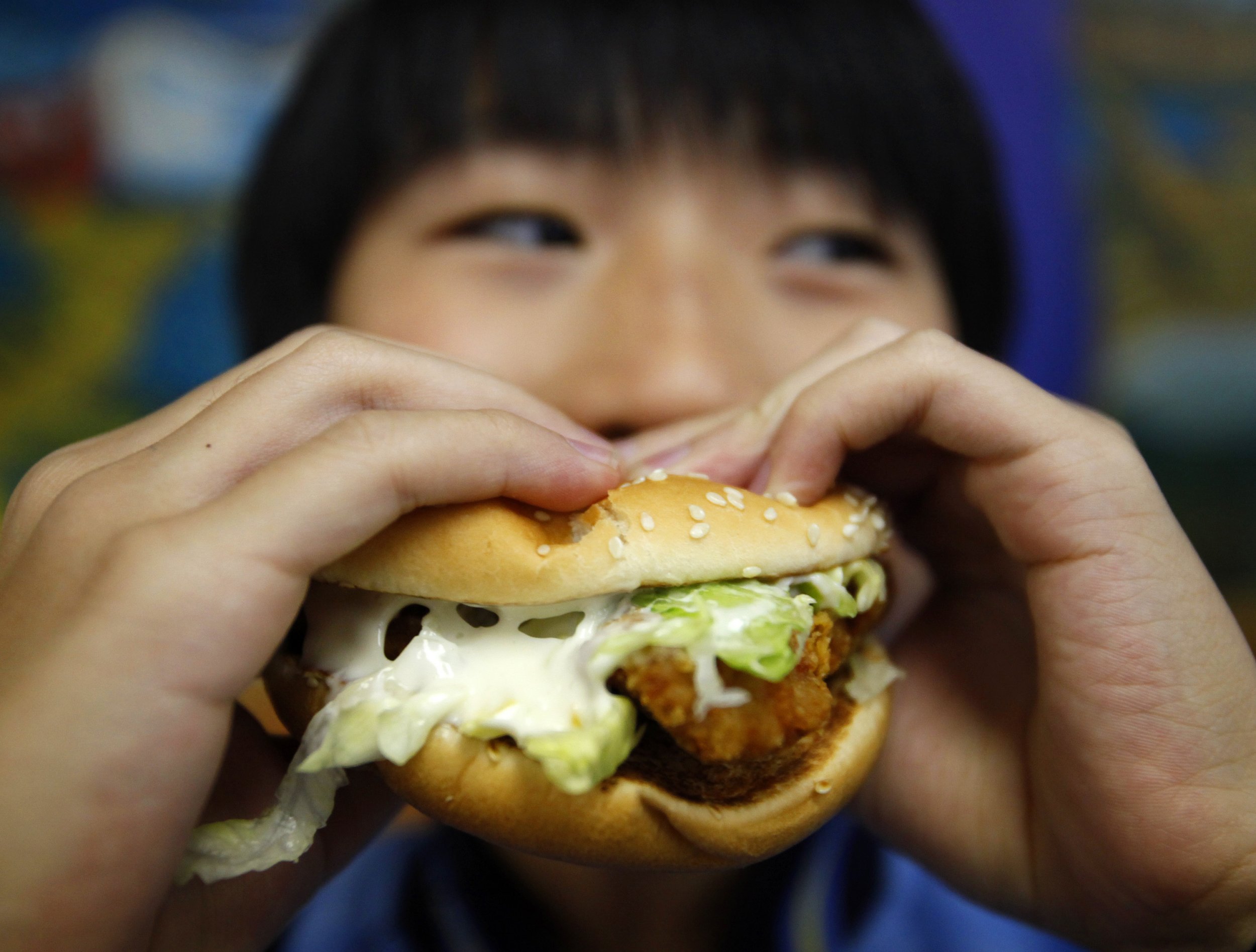
Cancer, we are told, lurks everywhere: popcorn, non-organic fruit, canned tomatoes, processed meats, farm-raised salmon, potato chips, foods (salted, pickled and smoked), GMOs (of course), candy, artificial sweeteners, diet soda, alcohol, red meat; even white flour can kill you.
Enough already!
In fact, a recent study by researchers at the Johns Hopkins University School of Medicine contends that most occurrences of cancers are simply a result of bad luck. To wit, "Plain old bad luck plays a major role in determining who gets cancer and who does not, according to researchers who found that two-thirds of cancer incidence of various types can be blamed on random mutations and not heredity or risky habits like smoking."
So, why do we obsess about what we eat and drink? Why do we see death lurking in every sip of coffee and every piece of bacon (the latter surely being the best proof yet that God truly loves us)?
Well, maybe it is due to evolution. For most of our existence on this blue dot hurtling through the universe, skepticism was perfectly warranted. Sometimes a delicious-looking berry was just a berry, and sometimes it made your stomach explode. (I exaggerate, but only a little.)
(As a side note, in some places skepticism about food and drink continues to be appropriate. Those who spend sleepless nights worrying about big, faceless corporations infusing us with poison may find it illuminating that in Zimbabwe, it is generally safer to drink a can of Diet Coke than a glass of tap water.)
Interestingly, obsession about the purity of food and drink seems to be much more prevalent among one sub-group of our species (and, according to MSNBC, the most highly evolved). I am, of course, talking about Homo Progressivensis.
As described by The Guardian, the magnificently evolved Gwyneth Paltrow, to give one example, wrote that she was moved to write a cookbook because
she nearly died after eating too many french fries … and so went to a doctor, submitted herself to more medical tests than a sufferer of Munchausen's syndrome and came up with the diagnosis that her body was in crisis. A doctor duly decreed that she is allergic to pretty much everything, including peppers, corn and aubergine, and should eat next to nothing. Except quinoa. And maybe some pomegranate on special occasions.
To explain this peculiar behavior of our social betters, we must consult Jonathan Haidt, the NYU professor and former speechwriter for John Kerry. As the good professor writes in his groundbreaking book The Righteous Mind: Why Good People Are Divided by Politics and Religion, progressives tend to moralize food.
They obsess about food in much the same way that conservatives obsess about sex. Eating, like copulating, is a potential source of impurity. As such, the search for that locally sourced and organically grown tomato serves the same purpose as a pilgrimage to Lourdes or Mecca. It is a quasi-religious form of purification.
The fact is, as we discussed in a recent policy forum, just about everything—including our collective health—is getting better.
So go ahead, start your day with butter-fried bacon and a strong cup of coffee.
Marian L. Tupy is the editor of HumanProgress.org and a senior policy analyst at the Center for Global Liberty and Prosperity. This article first appeared on the Cato Institute website.
Uncommon Knowledge
Newsweek is committed to challenging conventional wisdom and finding connections in the search for common ground.
Newsweek is committed to challenging conventional wisdom and finding connections in the search for common ground.





